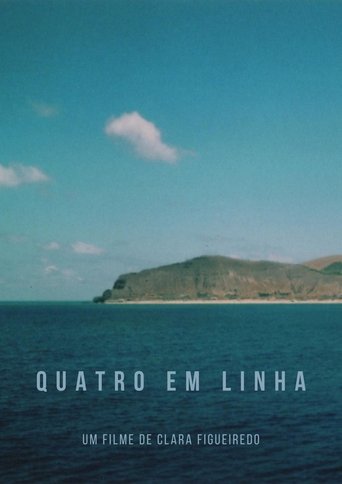
02 May 2025

Quatro em Linha
No overview found

Dona welcomes us inside the parisian erotic cabaret she works at. The hollow corridors act as a second stage where she and her colleagues get ready and share their thoughts.

02 May 2025

No overview found
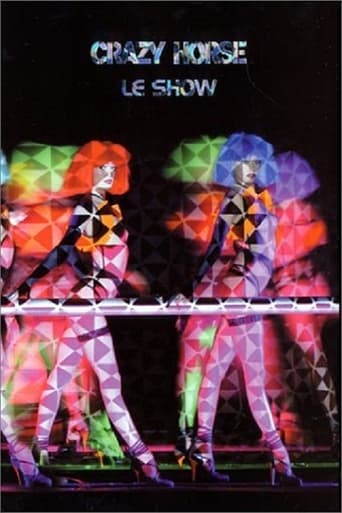
01 Jan 2004

The Crazy Horse has staged unique shows on Paris' avenue George V every evening since 1951. Enjoy some of the most spectacular numbers seen at Crazy Horse in an exceptional film shot in High Definition video, including previously unreleased sequences of the dancers and their lives backstage!

19 Mar 2024

In a drought-struck region in India, suffering from climate change and a high suicide rate amongst farmers, a group of resilient women farmers, who recently lost their husbands, is coming together with a local psychologist to learn counselling and help others in grief.
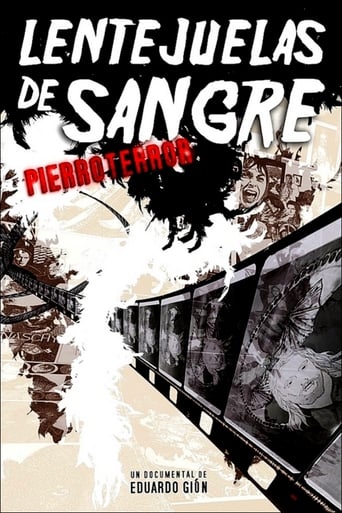
04 Oct 2012

Antonio Gracia José (1942-2011), known as “Pierrot,” was a prominent member of the Barcelona art scene, a pioneer in the filmmaking of underground short films and Fantaterror movies, writer and playwright, magazine editor, movie poster painter, cartoonist and cabaret showman.
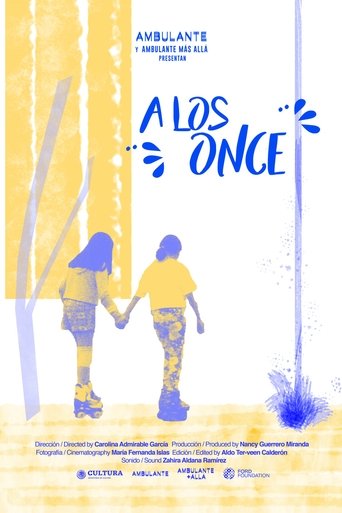
01 Mar 2020

Isa and Zoe are eleven years old, they are best friends. Through their video diaries, they tell their perspectives on the transition from childhood to adolescence, the changes they are undergoing and their concerns when they stop being girls to become women.
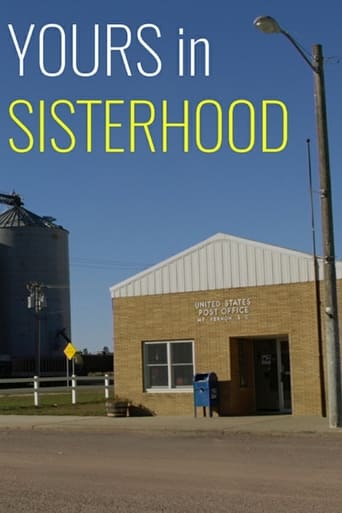
21 Feb 2018

What might be revealed in the process of inviting strangers to act out and respond to 1970s feminism forty years later? Between 2015 and 2017, hundreds of strangers in communities all over the US were invited to read aloud and respond to letters from the 70s sent to the editor of Ms. Magazine–the first mainstream feminist magazine in the US. The intimate, provocative, and sometimes heartbreaking conversations that emerge from these spontaneous performances make us think critically about the past, present, and future of feminism.
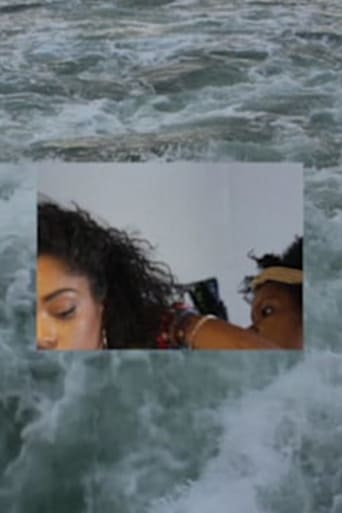
01 Mar 2019

«this short film visits memories of the past, truths of the present + hopes for the future. healing for sisters who are in process, in ritual.» (Rikkí Wright)
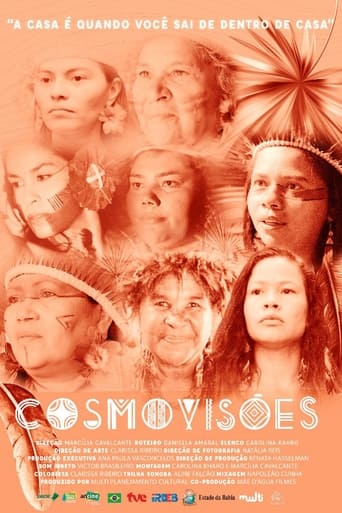
06 Oct 2022

In Southern Bahia, seven indigenous women invite to reflection, sharing their mythology, ancestry and paths to living well.

17 Jul 2015

Adopted from South Korea, raised on different continents & connected through social media, Samantha & Anaïs believe that they are twin sisters separated at birth.
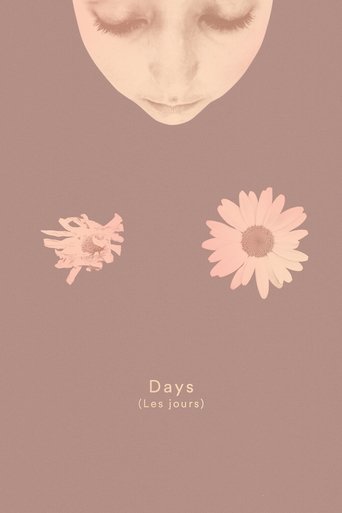
06 May 2023

Marie-Philip is a PhD student and part-time professor who loves cats and Harry Potter. But one week before her 29th birthday, she is diagnosed with breast cancer. For a year, without false modesty, we follow her through each step as she confides in us with shocking honesty. An ode to life, to courage and to the resilience of all those who fight every day against disease.
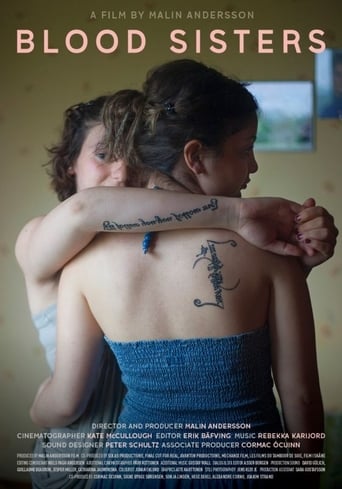
25 Apr 2015

Julia and Johanna, from the high-rise flats of Rosengård in Malmö, inseparable for as long as they remember. Curled up beside each other at night, carrying equal memories of abduction and abuse in their home country Azerbaijan. In Blood Sisters we follow their journey from twin sisters in symbiosis to young women trying to stand on their own feet.
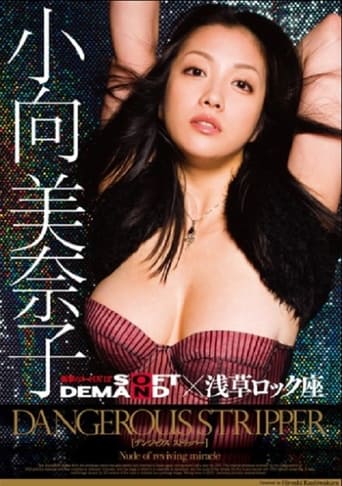
07 Jan 2010

Approximately half a year after the strip debut that shook Japan, the original strip movie realized in collaboration with SOD and Asakusa Rockza is completely recorded. In addition to the bewitching stage at Rockza, a passionate strip image in the sun will be unveiled for the first time! There is no doubt that it will be the biggest shocking work in 2010! [* This work is an image video] [* Bonus footage, bonus images, etc. are not included]
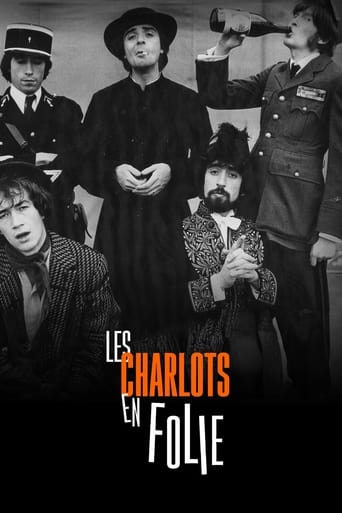
27 Aug 2024

Documentary on Les Charlots, known as The Crazy Boys in the English-speaking world, a group of French musicians, singers, comedians and film actors who were popular in the 1960s, 1970s, and early 1980s.
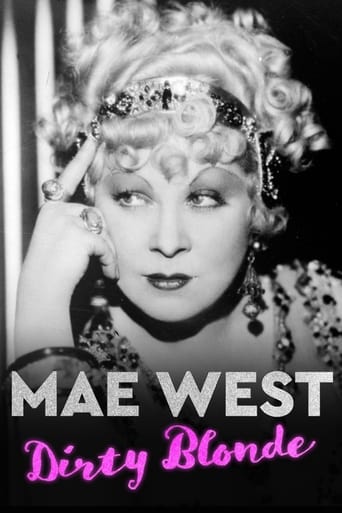
16 Jun 2020

Mae West achieved great acclaim in every entertainment medium that existed during her lifetime, spanning eight decades of the 20th century. A full-time actress at seven, a vaudevillian at 14, a dancing sensation at 25, a playwright at 33, a silver screen ingénue at 40, a Vegas nightclub act at 62, a recording artist at 73, a camp icon at 85 - West left no format unconquered. She possessed creative and economic powers unheard of for a female entertainer in the 1930s and still rare today. Though a comedian, West grappled with some of the more complex social issues of the 20th century, including race and class tensions, and imbued even her most salacious plotlines with commentary about gender conformity, societal restrictions and what she perceived as moral hypocrisy. Mae West: Dirty Blonde is the first major documentary film to explore West's life and career, as she "climbed the ladder of success wrong by wrong" to become a writer, performer and subversive agitator for social change.
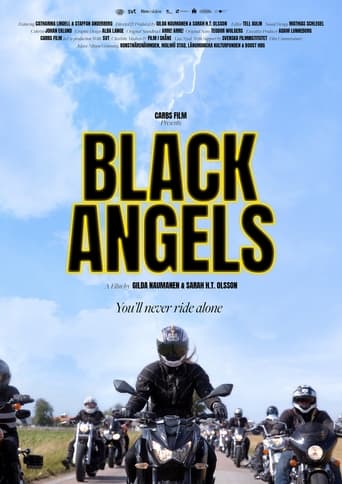
16 Sep 2022

No overview found
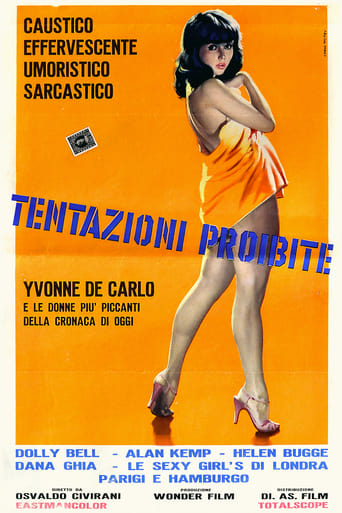
01 Jan 1965

Italian documentary film shot in several European towns (Berlin, Hamburg, London, Paris, Venice) as well as in Rome's De Paolis Studios. The movie features a series of strip-tease numbers intermixed with real-life scenes and interviews.
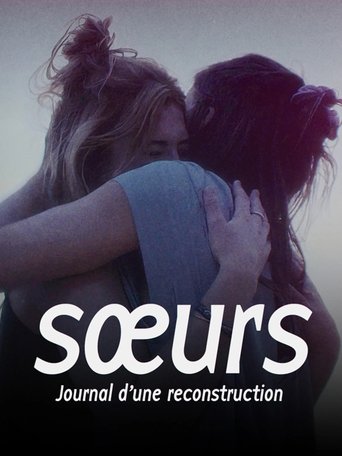

No overview found
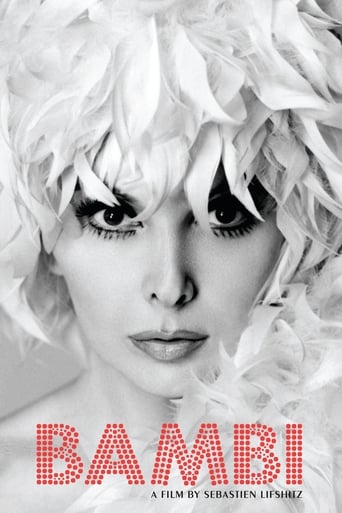
11 Feb 2013

Bambi was born Jean-Pierre Pruvot in a tiny Algerian village in 1935. Even as a child, she refused to meet the expectations of her extended family, choosing instead to find a way to become the woman she always knew herself to be. A Cabaret Carrousel de Paris performance in Algiers in the 1950s proved to be all the encouragement she needed to emigrate to the French capital, assume the stage name of ‘Bambi’ and lead the life she longed for on the music-hall stages.
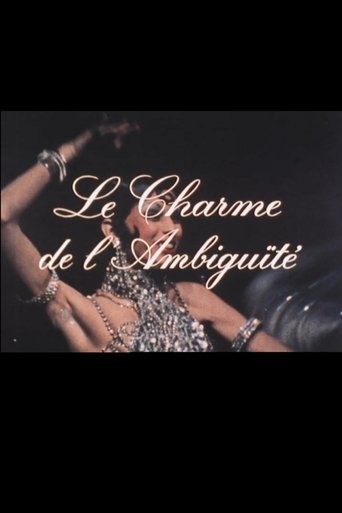
01 Jan 1974

From transvestites to transformers, we will follow the trail that will lead us in different and famous Parisian music-halls, such as the mythical Alcazar of Paris, La Grande Eugène. Whether they are below or beyond their character, often these men who are looking for themselves look at life with the humor of despair. Why this need to "transform" themselves? Why is it always the men who cross-dress and not the women? Why did the public flock to these shows in the 1970s and 1980s? Interpretations of famous characters such as Diana Ross, Josephine Baker, Billie Holiday, the Peter Sisters, the Andrew Sisters, Zizi Jeanmaire, Judy Garland, Sarah Bernhardt, among others, contribute to making this musical document an essential testimony of this era.

25 Jan 2026

It’s Girl Scout Cookie season, and four tenacious girls strive to be a top-selling “Cookie Queen,” navigating an $800 million business in which childhood and ambition collide.